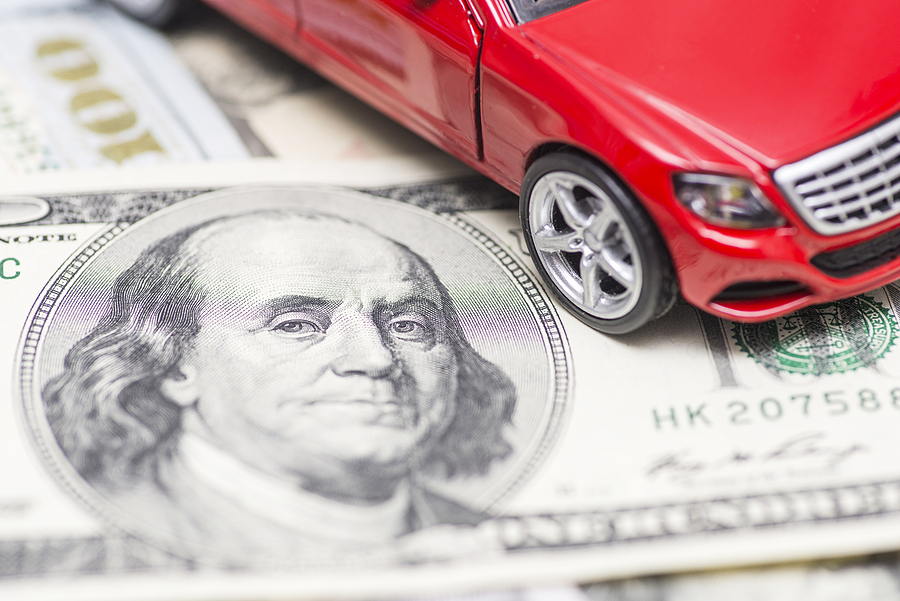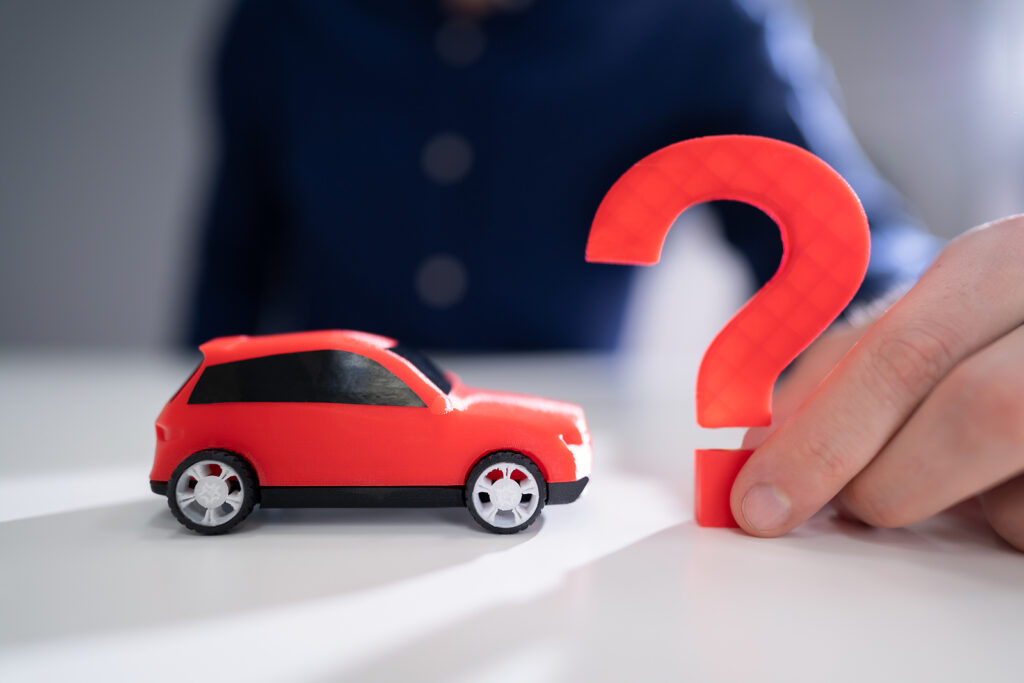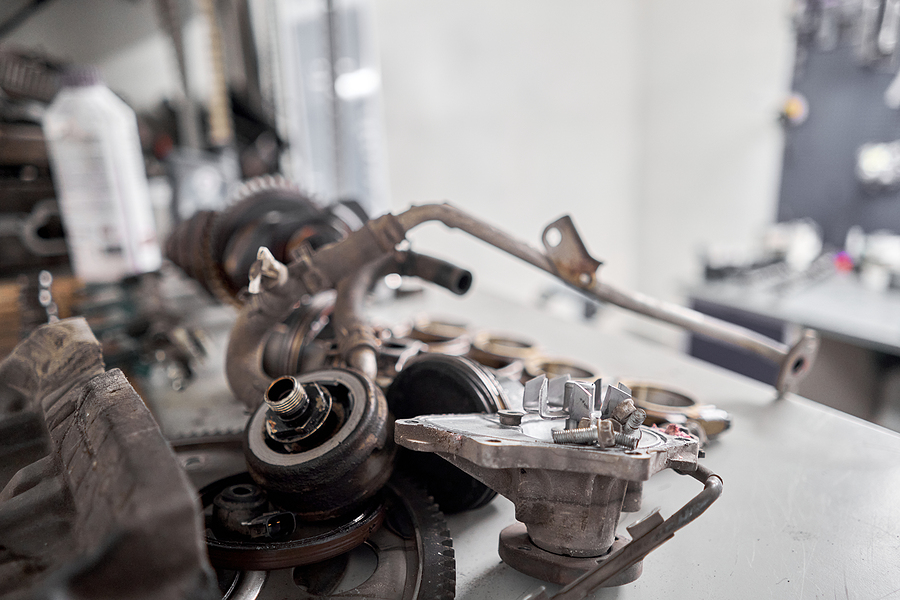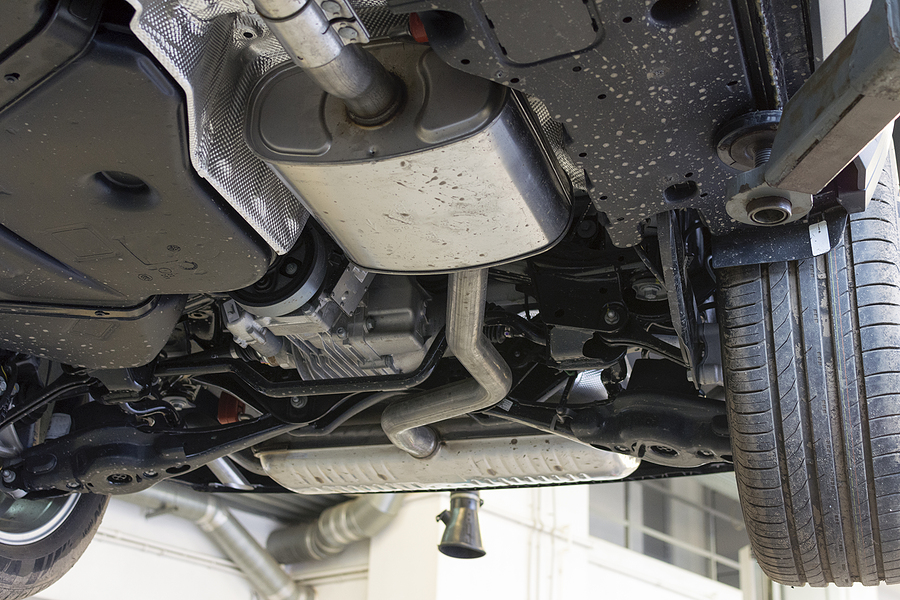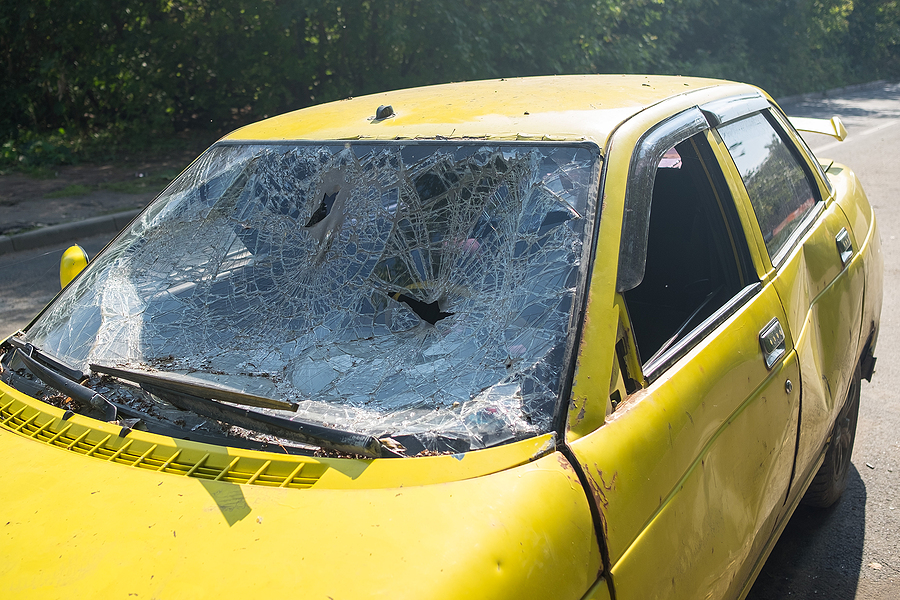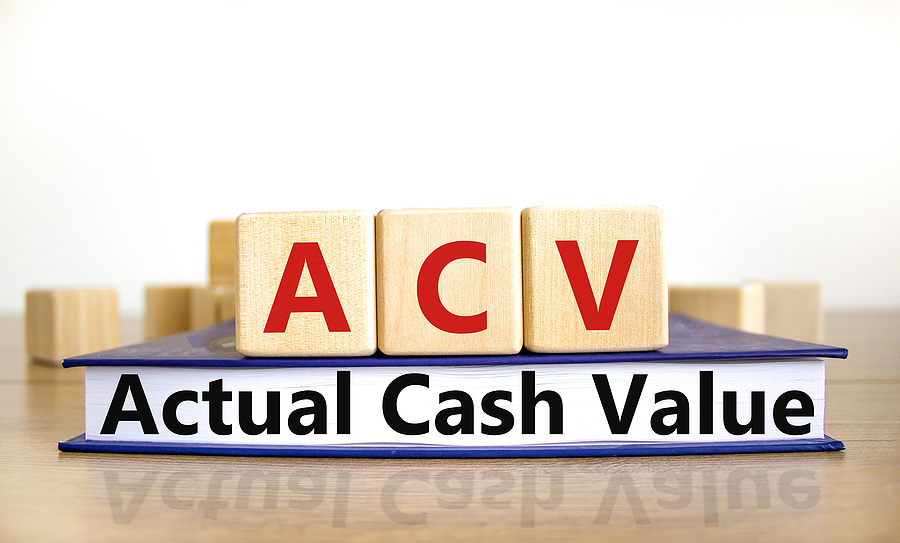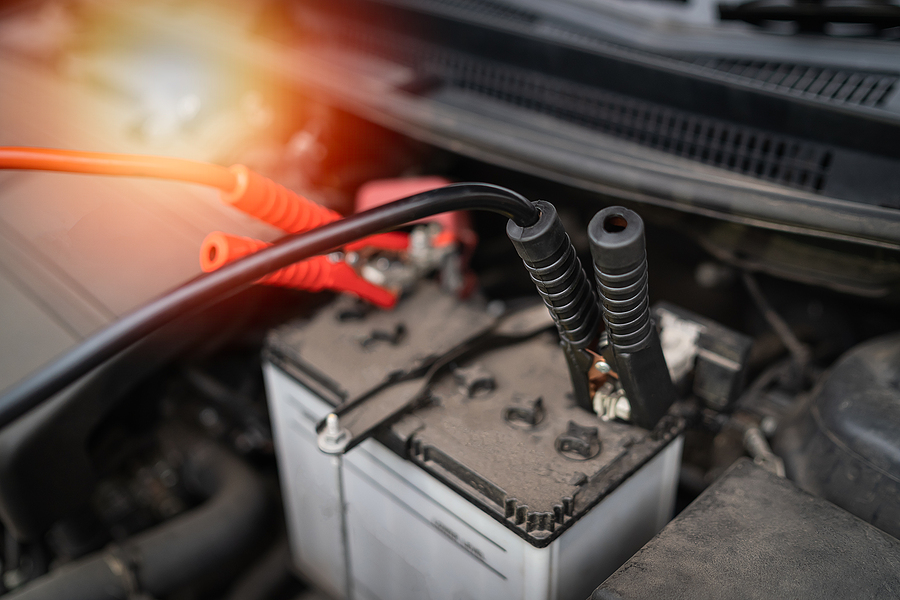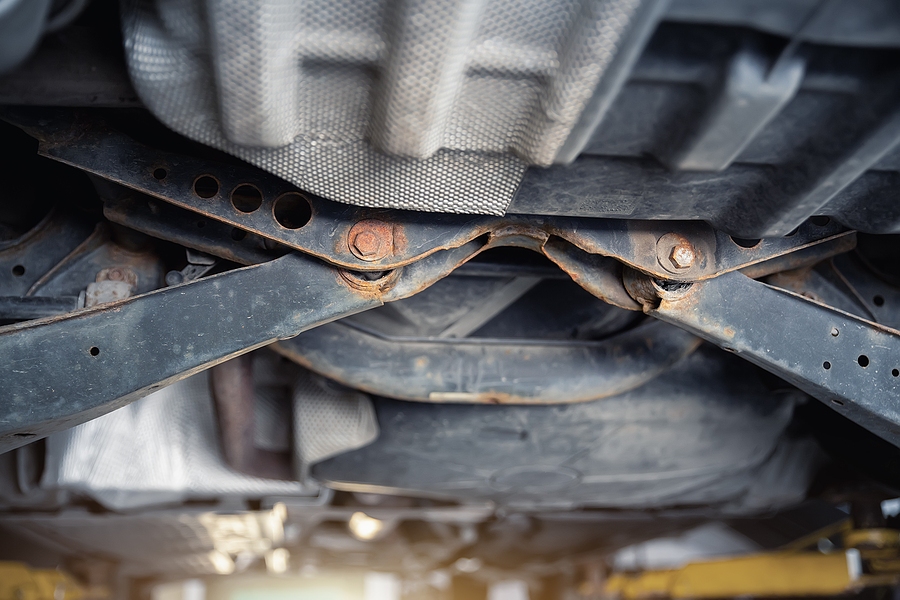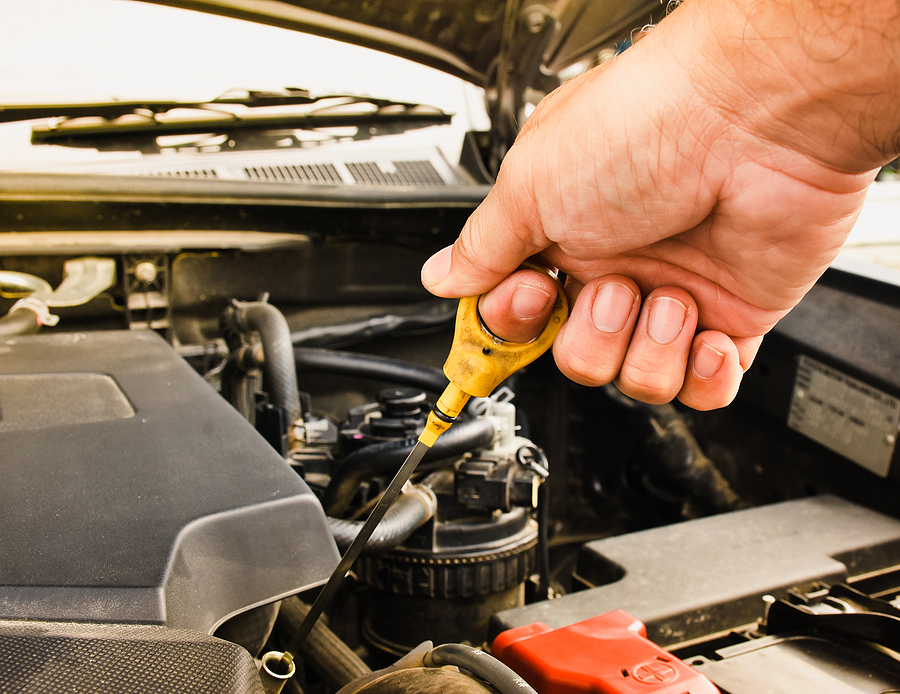The glowing, ominous check engine light, also known as the malfunction indicator lamp (MIL), has been the source of many a motorist’s anxiety. What does it mean, and why has it suddenly switched on? Is it a signal of a catastrophic engine failure on the horizon or merely a false alarm? As a car owner, it can feel like you’re deciphering a cryptic language. The check engine light could indicate a range of issues, from minor faults such as a loose gas cap to major concerns like a malfunctioning engine.
In this blog post, we’ll delve into the common reasons why check engine lights illuminate, the typical costs related to their repairs, and the role of actual cash value when it comes to repair expenses exceeding the market value of your vehicle. With the aid of a check engine light reader, and the information in this post, we’ll help you crack the code of the check engine light.
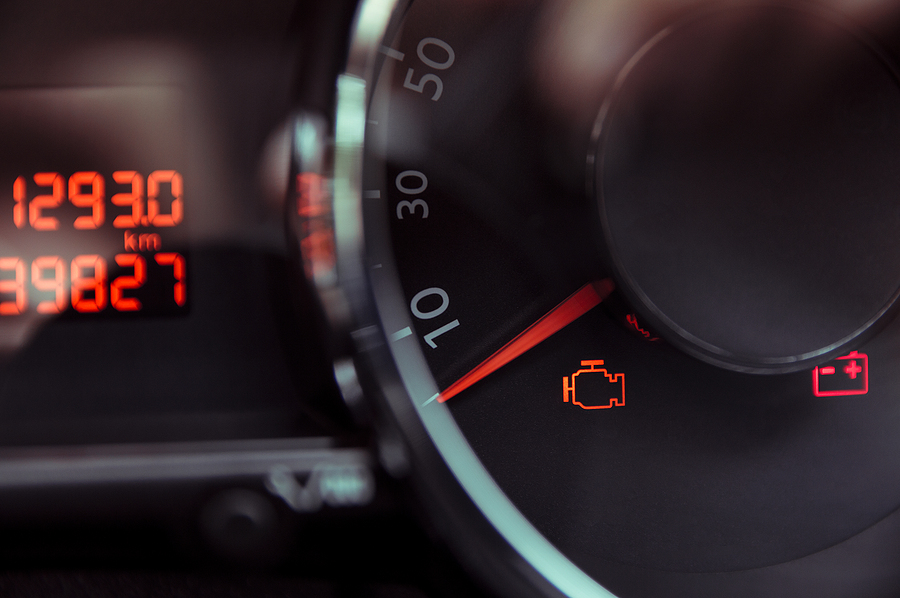
Common Causes of Check Engine Lights
The most common causes of check engine lights include faulty oxygen sensors, spark plugs and wires, catalytic converter issues, and a loose gas cap. The oxygen sensor measures the amount of unburned oxygen in your vehicle’s exhaust system and sends this information to the engine management computer. A damaged or malfunctioning oxygen sensor can not only impact your vehicle’s fuel efficiency, but it could also lead to costly repairs if not addressed promptly.
Similarly, spark plugs and wires are crucial components of your car’s ignition system and can cause the check engine light to illuminate if they start to fail. On the other hand, catalytic converter problems can be expensive to fix and may indicate a bigger issue with your vehicle’s emissions system. Lastly, a loose gas cap may seem like an inconsequential issue, but it can cause the check engine light to come on and lead to fuel evaporation and reduced gas mileage.
Expected Costs for Check Engine Light Repairs
The cost of repairing your check engine light can vary significantly depending on the underlying issue. For minor issues such as a loose gas cap or faulty spark plugs, the average cost can range from $200 to $400. However, more significant problems such as a damaged catalytic converter or engine repairs could set you back thousands of dollars. It’s essential to address check engine light issues promptly to avoid potential damage and higher repair costs in the future.
Actual Cash Value and Check Engine Light Repairs
In some cases, the cost of repairing your check engine light may exceed the market value of your vehicle. This is where understanding actual cash value (ACV) comes into play. ACV refers to the fair market value of a vehicle at the time it is deemed a total loss by an insurance company. If you have comprehensive or collision coverage on your car insurance policy, this is the amount you’ll typically receive if your vehicle is damaged beyond repair. If the cost to fix your check engine light is higher than your car’s ACV, it may not be worth repairing and could be considered totaled by your insurance company.
What to Do When Your Check Engine Light Comes On
If your check engine light comes on, don’t panic. The first step is to use a check engine light reader or take your vehicle to a mechanic, who can diagnose the issue and provide an estimate for repairs. From there, you can decide whether it’s worth fixing or if it may be more economical to replace your vehicle. You can also contact your insurance company to discuss options if the cost of repair exceeds your car’s ACV. Remember, regular maintenance and addressing check engine light issues promptly can save you from costly repairs down the road. The key is to stay informed and be proactive when it comes to your vehicle’s health.
In Conclusion
The check engine light may seem like a mysterious and intimidating symbol, but with some knowledge and preparation, you can successfully decipher its meaning. Whether it’s a simple fix or a more complex issue, understanding the common causes of check engine lights and their associated costs can help you make informed decisions as a car owner. Remember, when in doubt, always consult with a trusted mechanic for professional advice on maintaining your vehicle’s health. So, don’t let the check engine light bring fear and uncertainty into your driving experience; instead, face it head-on armed with the knowledge in this blog post.
Can’t afford to repair your car? Is your vehicle junked now? Contact GC’s Junk Cars at 502-804-5605 to sell your junk car for cash on the spot to a trusted Louisville junk car buyer! We offer free junk car removal in all surrounding counties.
Related Posts:
What it Means When the Check Engine Light Comes On
Understanding Common Causes of High Cost Car Repairs
The Cost of Engine Repair and Replacement in the US

